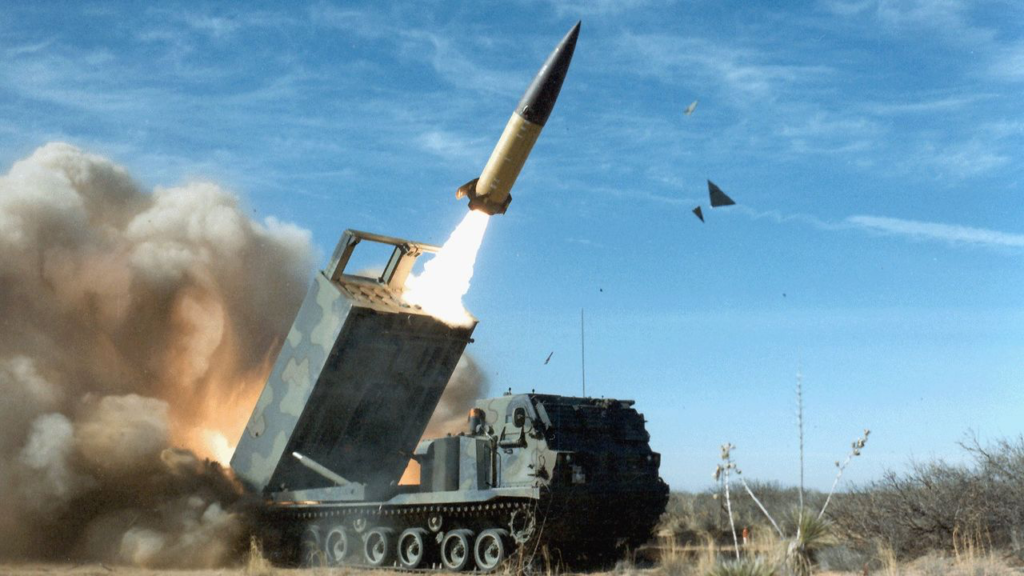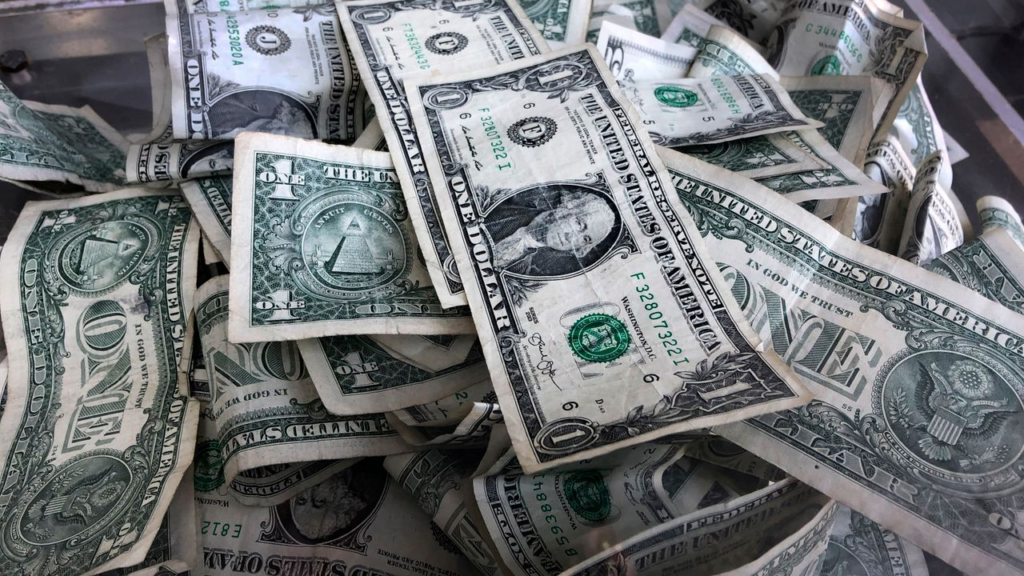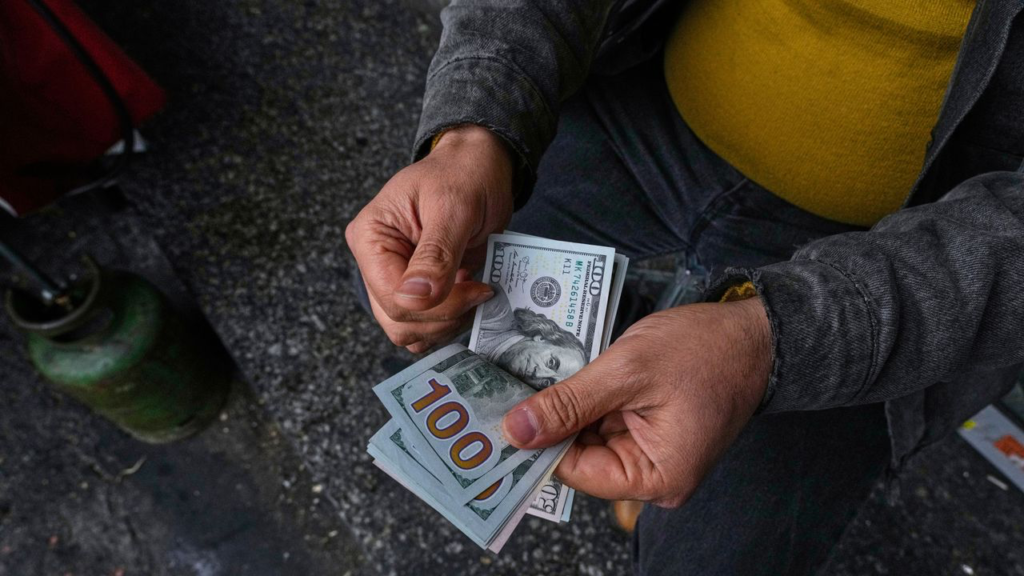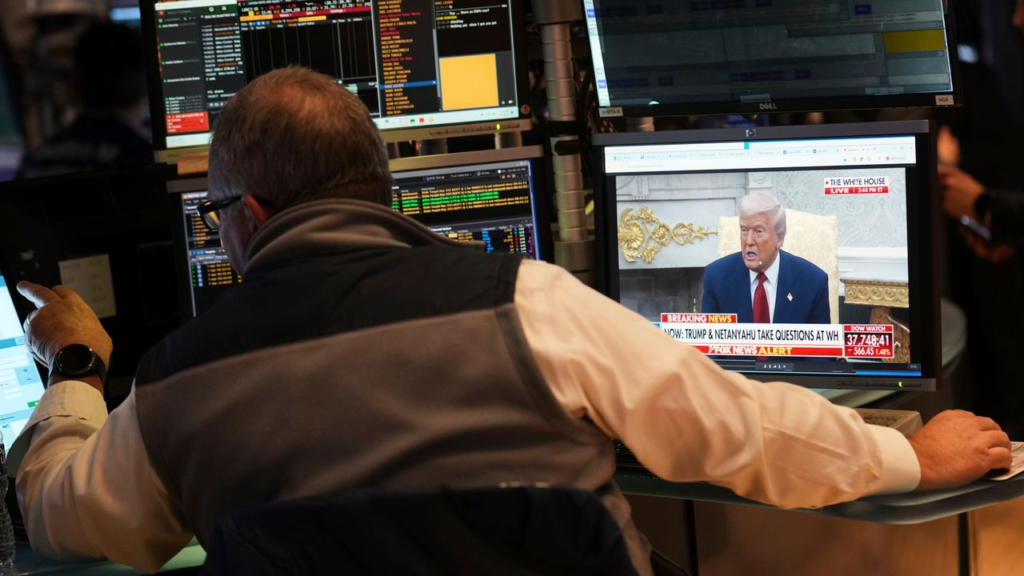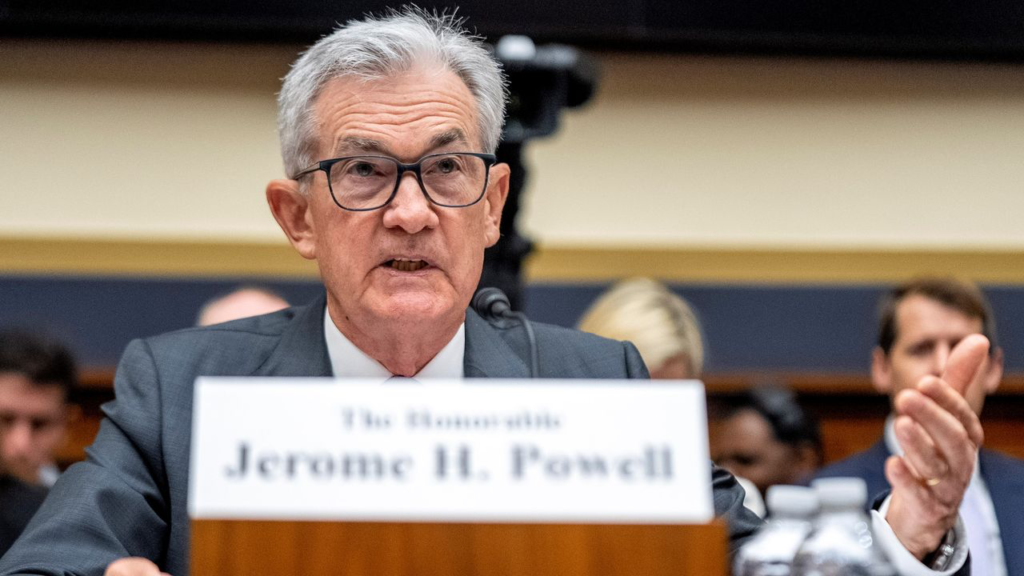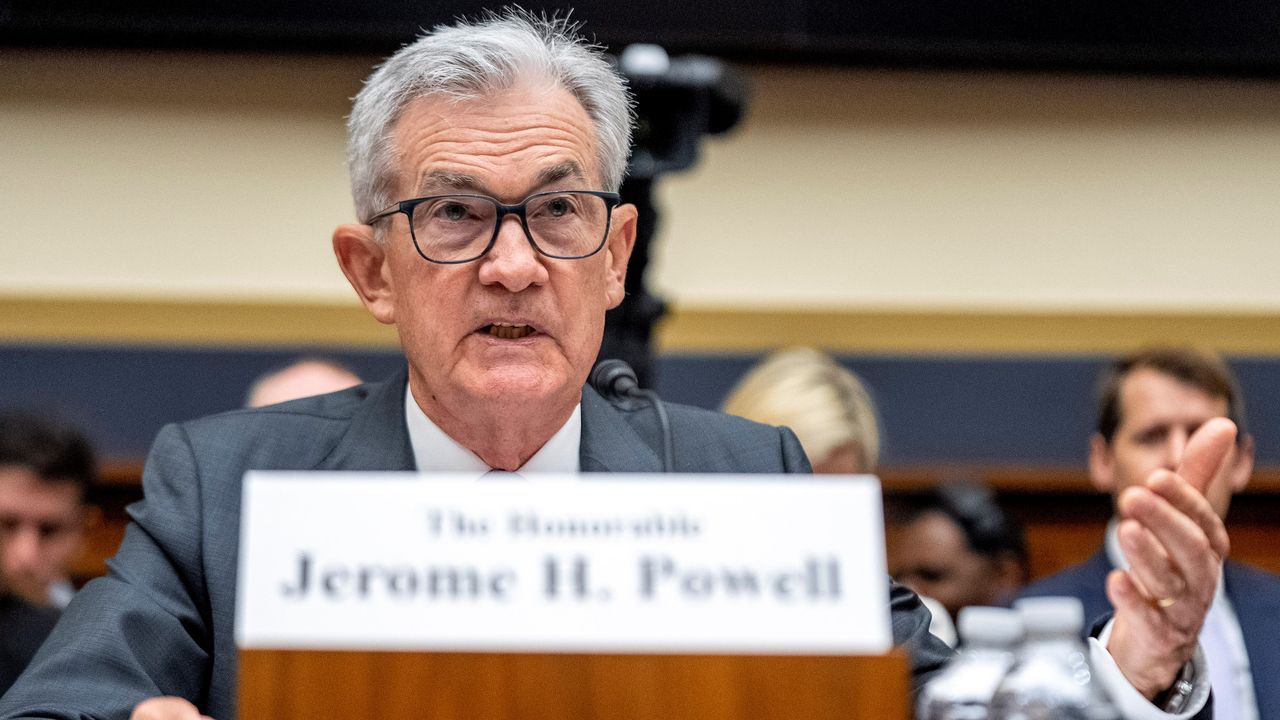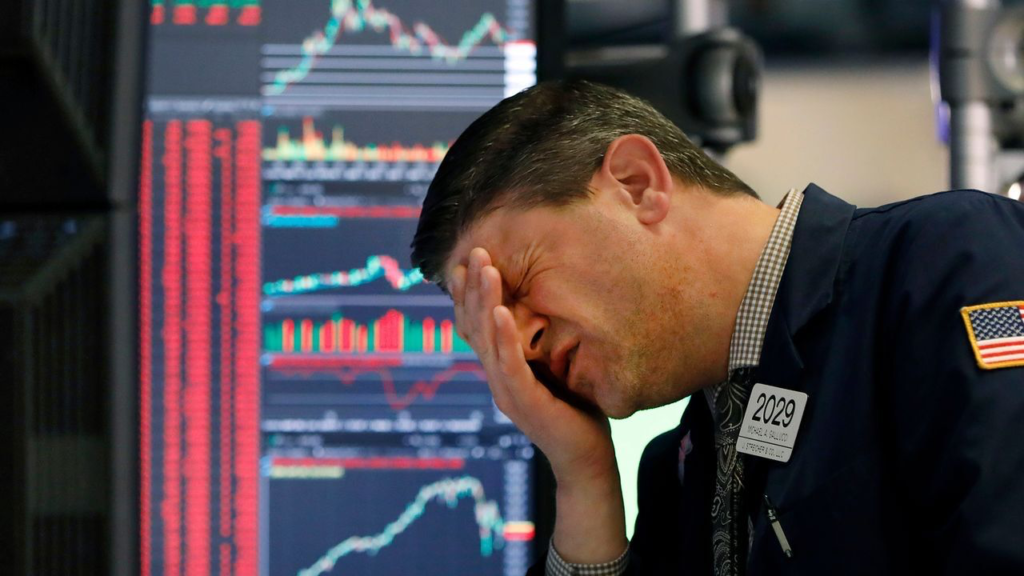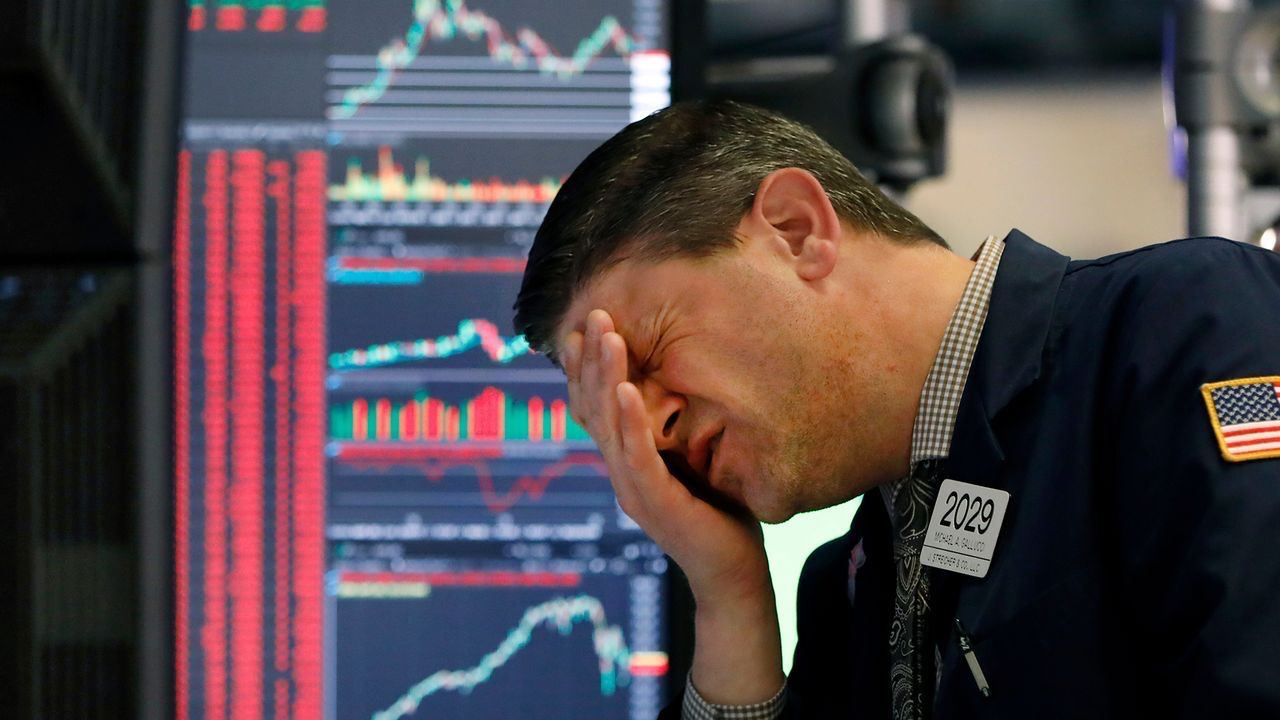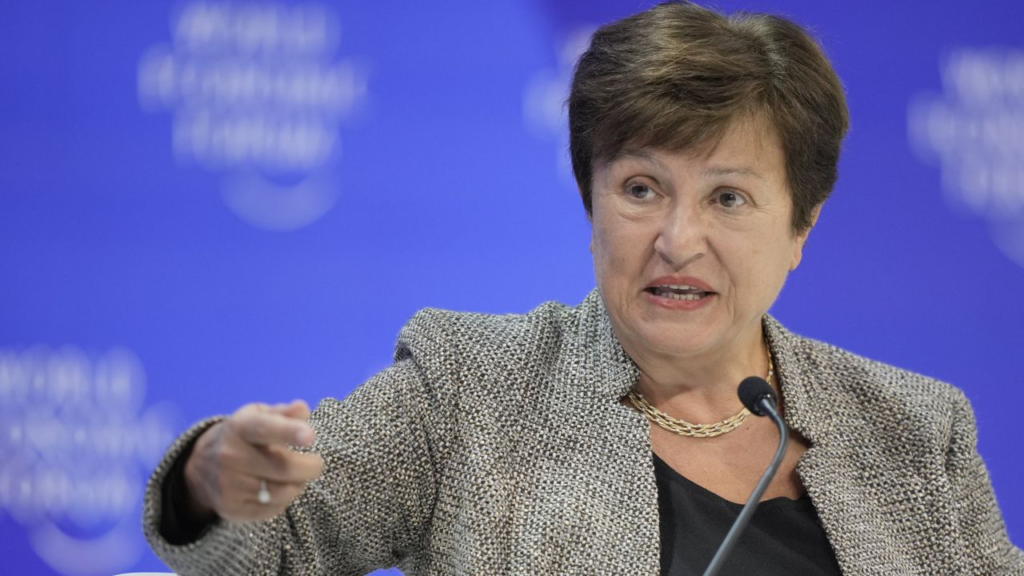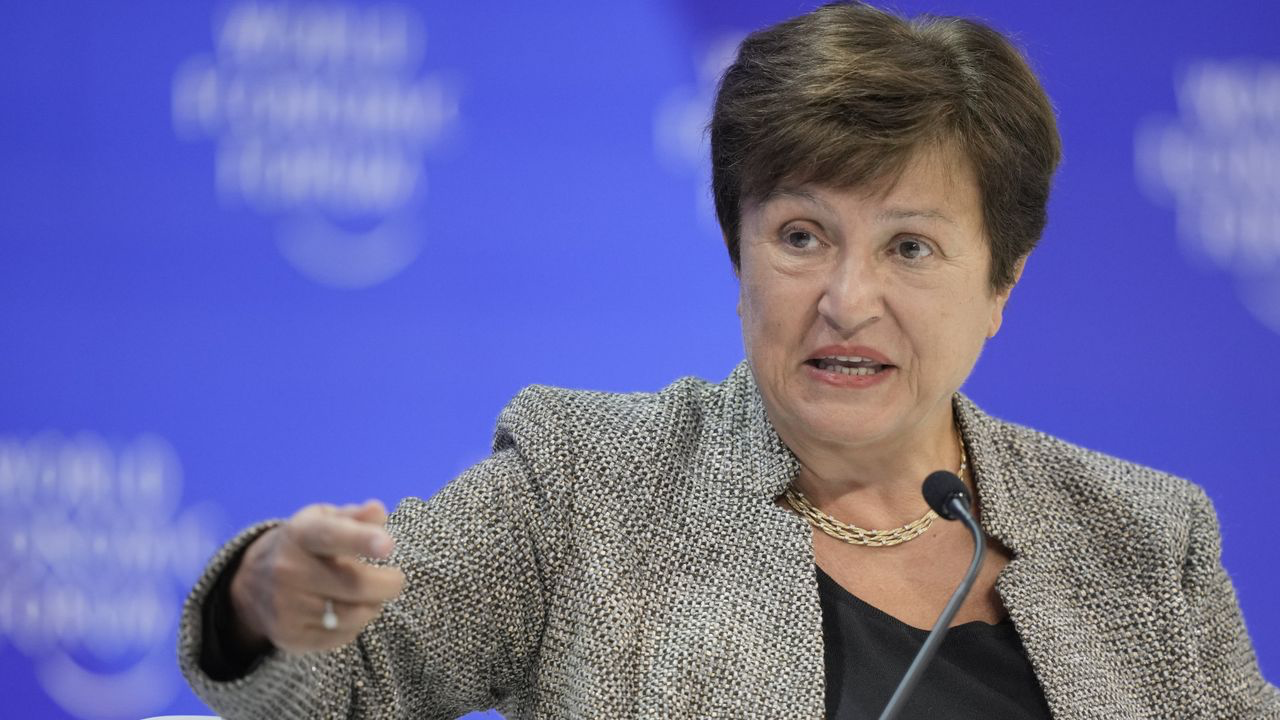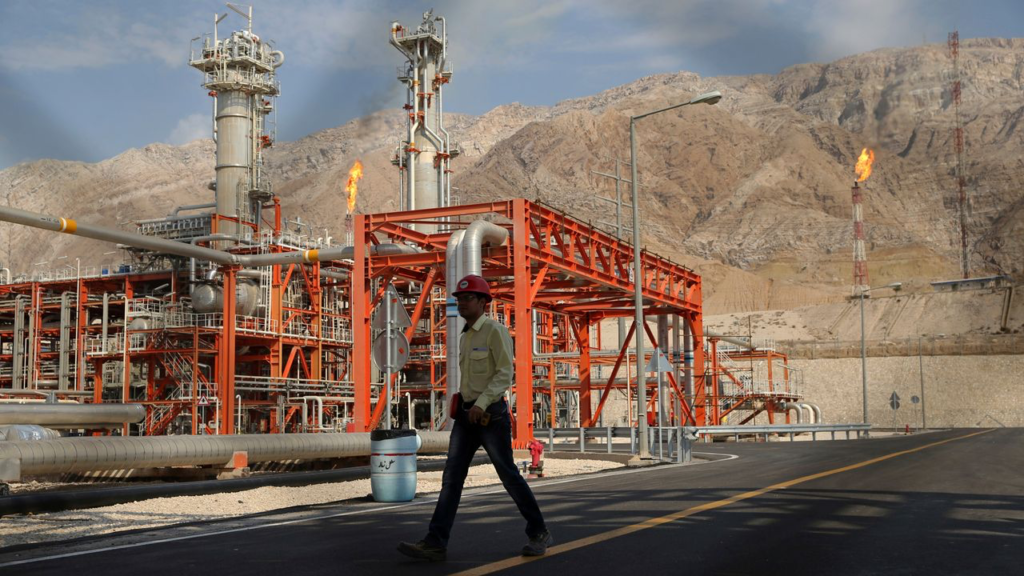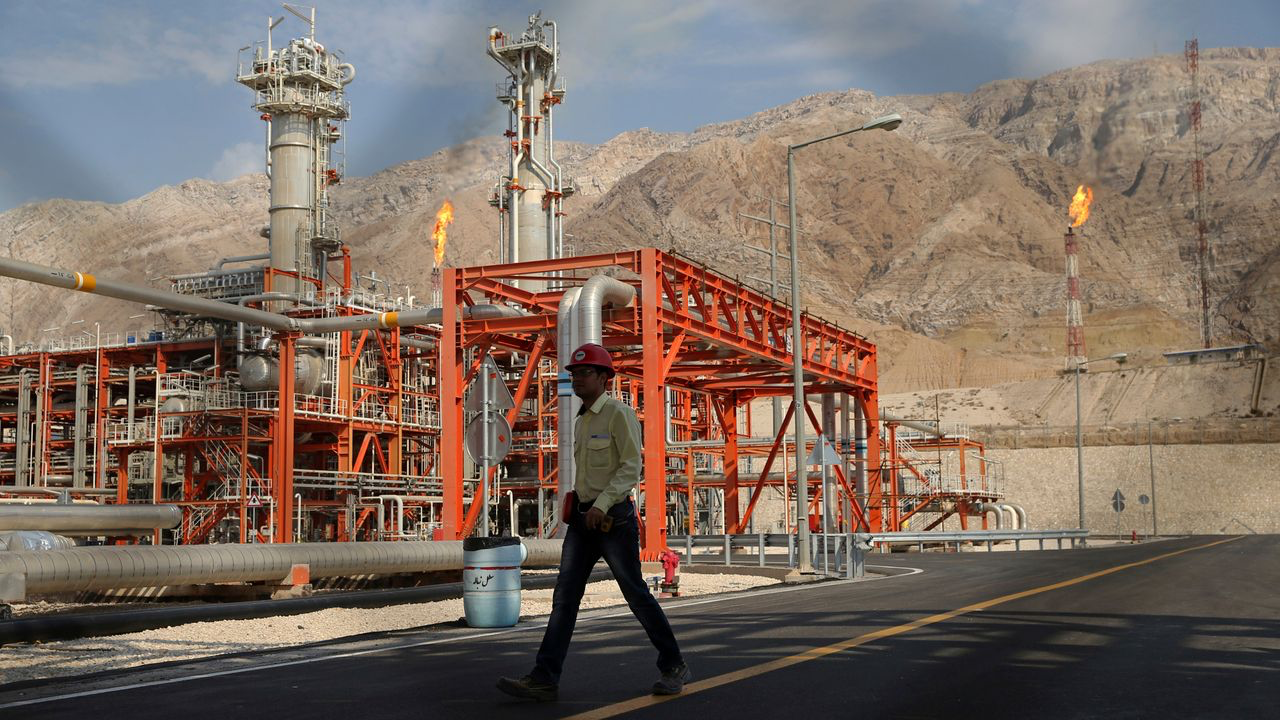American imperialism’s bombardment of Iran: A day that will live in infamy
By WSWS Editorial Board
We repost below the World Socialist Web Site Editorial Board statement published on wsws.org here on June 23, 2025
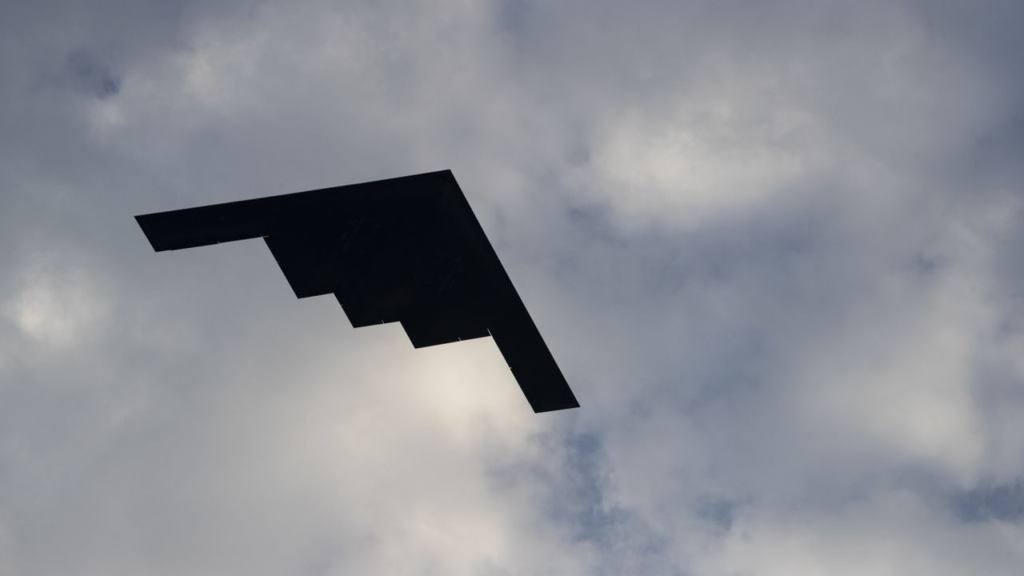
June 22, 2025 is a day that will live in infamy. In a massive and unprovoked assault, the United States launched a sneak attack on Iran, dropping the most powerful non-nuclear bunker-buster bombs ever used in combat on Iranian nuclear energy facilities. This act of aggression is the continuation and escalation of the US-backed Israeli genocide in Gaza, and threatens to engulf the entire Middle East and set the world on fire.
Codenamed “Operation Midnight Hammer,” the assault involved more than 125 aircraft, including at least eight B-2 Spirit stealth bombers, backed by fighter jets, refueling tankers and surveillance aircraft, in what was the largest B-2 strike operation in US history.
The centerpiece of the attack was the deployment of the GBU-57A/B Massive Ordnance Penetrator (MOP), a 13.6-ton bunker-busting bomb—the most powerful non-nuclear weapon of its kind ever used. Twelve MOPs were dropped on the heavily fortified Fordow uranium enrichment site, and two more on Natanz. These were accompanied by numerous 2,900-pound Tomahawk missiles, which rained down on both facilities as well as the Isfahan research complex.
US President Donald Trump justified his attack in a four-minute homicidal, lying rant, delivered Saturday night. Announcing that US forces had struck three nuclear facilities, he claimed they were part of a “horribly destructive enterprise” which was supposedly necessary to “stop the nuclear threat” posed by Iran.
In fact, these sites are part of Iran’s civilian nuclear energy program, developed in accordance with the Nuclear Non-Proliferation Treaty (NPT) and subject to international inspection. For years, the United States’ own intelligence agencies have assessed that Iran was not actively pursuing nuclear weapons. But in the tradition of the Bush administration’s lies about Iraq’s “weapons of mass destruction,” Trump once again invoked fabricated threats to justify extraordinarily reckless acts of unprovoked aggression.
Trump boasted of the “spectacular military success” of the attack, which he intended to serve as a message to the entire region, declaring that “Iran, the bully of the Middle East, must now make peace.”
The reference to Iran as the “bully of the Middle East” turns reality on its head. For over a third of a century, US imperialism has been at war and carried out regime change operations throughout the region, including in Iraq, Afghanistan, Syria, Libya and Yemen. Over the past two years, the Israeli government has waged a genocidal war in Gaza with continuous US support, slaughtering tens of thousands of innocent civilians. This has been merely a dress rehearsal for a broader campaign of mass murder.
Having just launched an unprovoked military strike against a sovereign nation in flagrant violation of international law, Trump now demands “peace”! By this, he means “unconditional surrender,” as he demanded last week—that is, the turning over of the country to direct imperialist dominance. On Sunday, Trump explicitly called for “regime change” in Iran, following his threat last week to assassinate Ayatollah Khamenei.
Trump declared, “For 40 years”—since the overthrow of the US-backed Shah—“Iran has been saying, ‘Death to America, death to Israel,’” and proclaimed that “hundreds of thousands throughout the Middle East … have died as a direct result of their hate.” The carnage Trump blames on Iran is in fact the outcome of successive US wars and interventions, under Democrats and Republicans, that have devastated entire societies. It is not Iran that has inflicted “hundreds of thousands” of deaths—it is the United States.
The strikes were directly coordinated with the fascist Israeli government, which is continuing to launch missile attacks on Iran. As Trump stated, “We worked as a team as perhaps no team has worked before.” Just prior to Trump’s remarks, Israeli Prime Minister Benjamin Netanyahu issued a statement hailing the US airstrikes and thanking Trump, declaring that the two were pursuing a policy of “Peace through strength: First comes strength, then comes peace.” In other words, slaughter and terror must precede submission.
Trump concluded with a naked threat of further violence: “There will be either peace, or there will be tragedy for Iran. … Remember, there are many targets left.” The logical next step in this campaign of destruction is the use of tactical nuclear weapons—an option the Trump administration has repeatedly declared is “not off the table.”
Saturday’s attack makes clear that there are no red lines for American imperialism, which will stop at nothing. Its criminality knows no limits. No government has so openly and flagrantly violated international law since the Nazi regime.
The bombing of Iran is a central component of an escalating global war. It is not a question of warning of the danger of a new world war—it has already begun. American imperialism is seeking to resolve its deepening internal social and political crisis through military aggression. Having targeted Iran, the logic of imperialist war is leading inevitably to confrontation with China. Regime change in Iran is aimed at securing unchallenged control over the Persian Gulf, the Caspian Sea and the broader Eurasian landmass—regions rich in oil, gas and critical trade routes.
Trump hailed the strikes as a “spectacular military success,” but in reality, he has embarked on a catastrophic and utterly reckless course of action. Whatever short-term calculations were made by the White House and Pentagon, they have now launched a war whose consequences they cannot control. They have sown the wind and will reap the whirlwind. As with the war against Iraq launched in 2003, American imperialism has a rendezvous with disaster, but on a far larger scale.
It remains to be seen how Iran will respond, as well as its close allies, Russia and China. Iran’s parliament has moved to close the strategic Strait of Hormuz, through which a significant share of the world’s oil supply passes—an action that will send global energy markets into turmoil and could trigger a global recession. For years, the passivity of the Iranian bourgeois government—marked by appeals for negotiations and the avoidance of direct confrontation—has emboldened US imperialism.
Whatever the immediate response of Iran, Russia and China, however, the decisive issue is the reaction of the international working class. The most significant and far-reaching impact of Saturday’s attack will be on the consciousness of billions of people throughout the world. This act of imperialist aggression is already provoking mass outrage, expressed on all social media platforms and through initial protests that took place throughout the US on Sunday.
The war on Iran follows nearly two years of expanding global opposition to the genocide in Gaza. It exposes beyond any doubt the thoroughly criminal character of American foreign policy. The United States is increasingly seen by billions of workers throughout the world as a criminal government that operates outside of all legal restraint. The myth that American imperialism defends “freedom” or “democracy” lies forever in the past.
The war will pour gasoline on the already raging social and political crises in the United States, across Europe and around the world. It is the action of a regime ruled by and for the financial oligarchy. As it bombs and murders abroad, the Trump administration is dismantling democratic rights at home and erecting a political dictatorship. The Democratic Party, the so-called opposition, is paralyzed and complicit—paralyzed by its fear of the working class and complicit in the aims of imperialism.
Mass opposition is emerging. Just one week before the bombing of Iran, millions participated in the largest anti-government demonstrations in American history. The question is not whether opposition exists, but how it can be organized, directed and armed with a political perspective. The immense anger and revulsion provoked by the bombing must be transformed into a conscious political movement of the working class, linking the fight against war and dictatorship to the struggle against capitalism.
The working class is the social force that must be mobilized to stop imperialist barbarism. The criminal war being waged against Iran is not an aberration, but the product of the entire capitalist system. It must be halted through the unified global struggle of the working class, organized across all national boundaries.
The International Committee of the Fourth International and its affiliated Socialist Equality Parties call for an immediate end to the US-Israeli war against Iran and the dismantling of the entire imperialist war machine. We urge workers and youth to organize protests, walkouts and strikes in every country.
Imperialism is plunging the world into barbarism and criminality. It is not a matter of reforming a bankrupt system, but of overthrowing it through the conscious and organized struggle of the working class for power. The alternative to war and dictatorship is socialism. What is needed is the building of a new revolutionary leadership to lead this movement forward, and to make socialism—the democratic control of the economy by the working class in the interests of all humanity—the guiding principle of a new social order.
American imperialism’s bombardment of Iran: A day that will live in infamy Read More »

